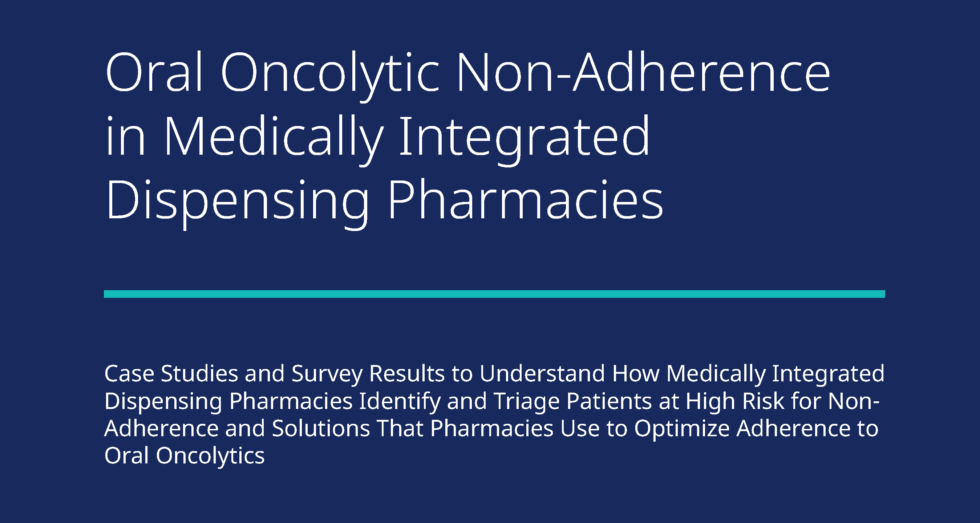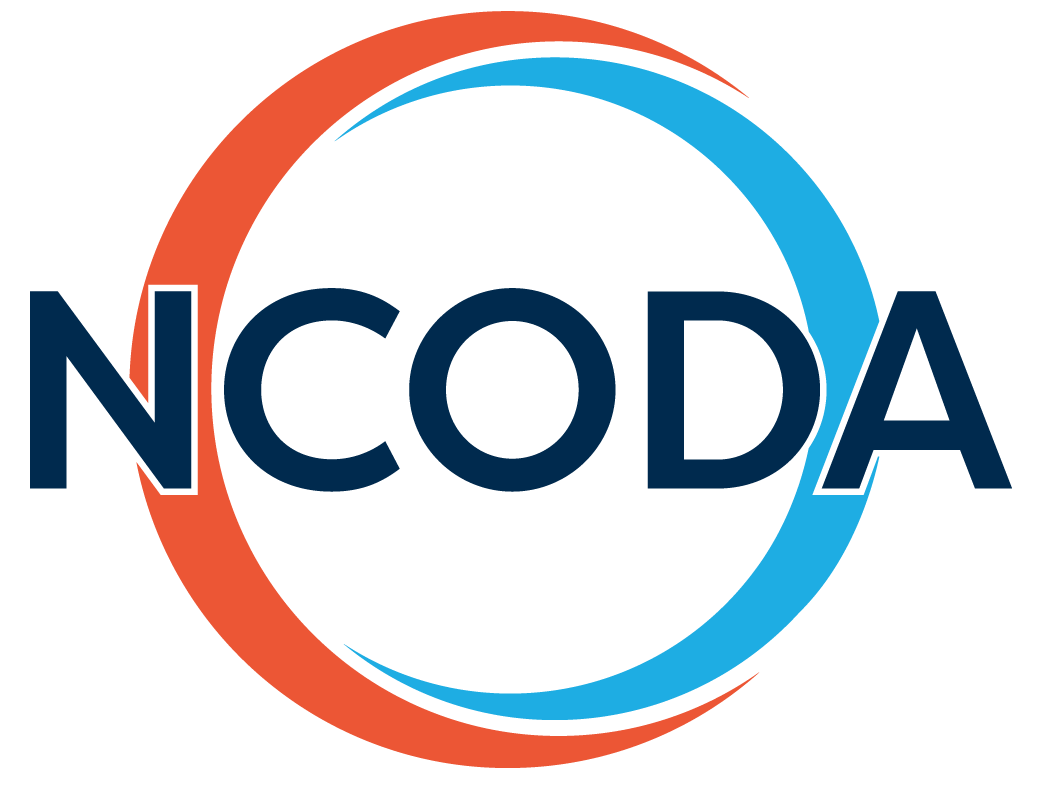2025 International Fall Summit
October 15, 2025 | 12:00 PM EST
Oral Oncolytic Non-Adherence in Medically Integrated Dispensing Pharmacies
Published Date: March 24, 2022

The challenges associated with medication adherence and the negative impacts of non-adherence have been well documented. Medication adherence affects many aspects of public health, including, but not limited to, quality of life, patient outcomes, and overall healthcare costs.1 It is generally accepted that adherence rates of more than 80% are needed for optimal therapeutic efficacy.2 However adherence rates for chronic medications are estimated to be approximately 50%, and some studies have reported adherence rates as low as 20% for patients on oral oncolytics.2,3 Furthermore, many adherence interventions are conducted on a reactive basis, missing an opportunity to risk-stratify patients before they start treatment. Some studies have shown that a more proactive approach might help prevent or reduce non-adherence to therapy.2 Despite the knowledge surrounding the importance of adherence, it continues to be an area of unmet need in many disease states, including hematology and oncology.






